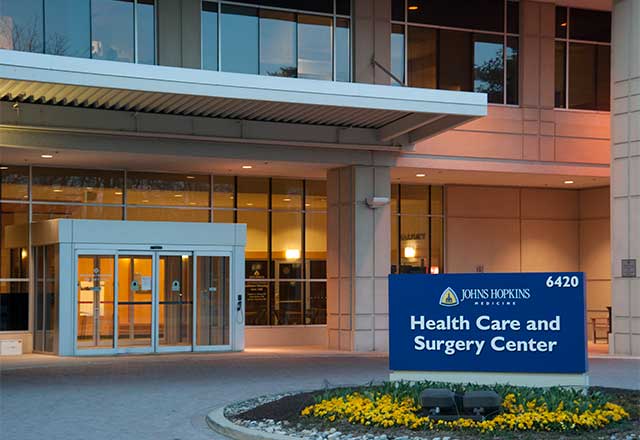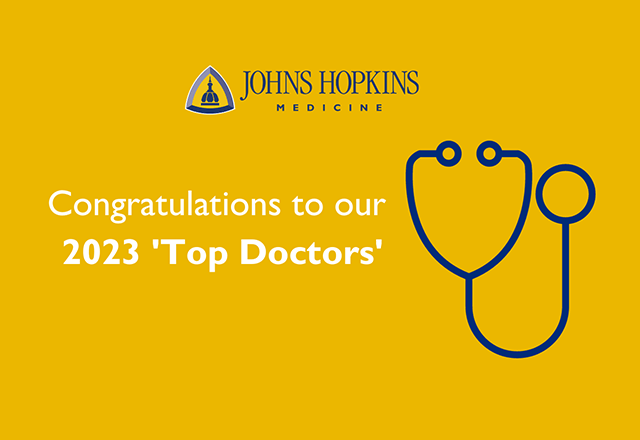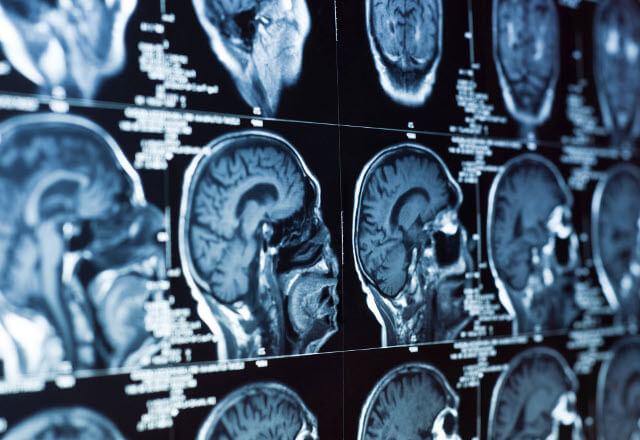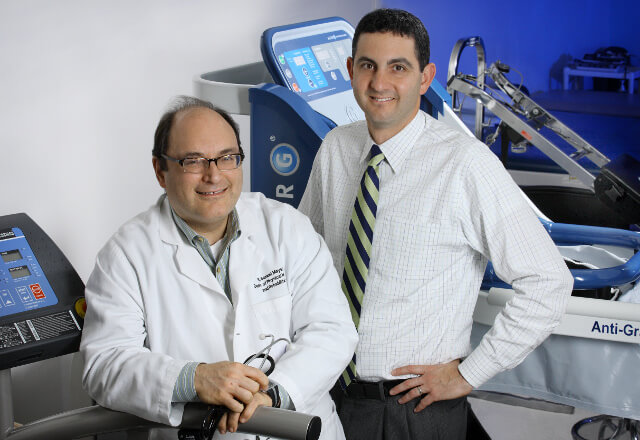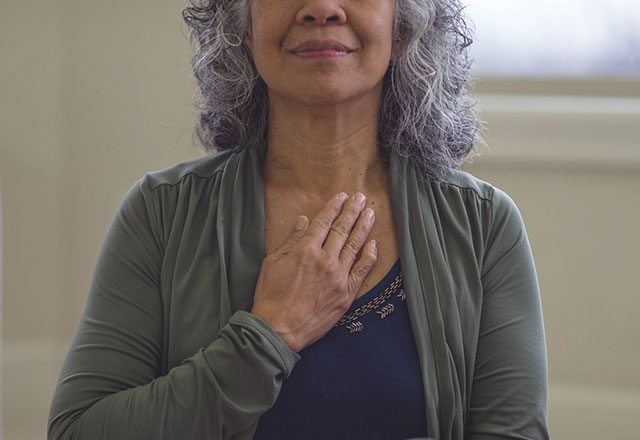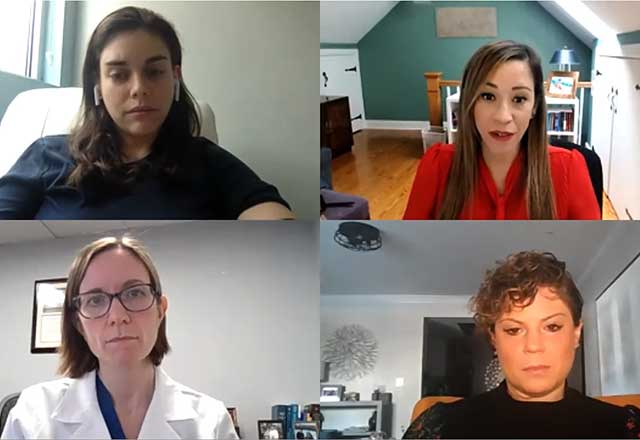Physical medicine and rehabilitation focuses on restoring the health and functional abilities after illness or injury, such as a stroke, spinal cord injury, heart surgery, amputation, joint replacement, sports injuries, spinal disorders and other conditions. We work with you to develop a custom treatment plan built around your individual needs.
Schedule An Appointment
Patient Resource Center
The Patient Resource Center provides assistance between appointments with your physician. For assistance between therapy appointments, please contact the clinic location.
Phone: 410-614-4030 and select option 2 | Fax: 410-614-4033
Schedule by phone
Physician appointments: 443-997-5476
Therapy appointments:
Maryland clinics except Bayview: 443-997-5476
Johns Hopkins Bayview: 410-550-0414
Sibley Memorial Hospital: 202-364-7665
Schedule online through MyChart
The Johns Hopkins Difference
A Care Team That Cares
Our team of physicians, nurses, physical, occupational and speech therapists, and rehab psychologists work together to create a treatment plan just for you.
Educating Future Leaders
Our PM&R experts work side-by-side with residents to help them apply classroom knowledge to a variety of clinical settings.
COVID-19 Rehabilitation News
How long covid could change the way we think about disability
Physician Group Releases Guidance on Cardiovascular Issues in Long COVID
‘A wake up call’: experts release new guidance on cardiovascular symptoms of long COVID
Post-illness Symptoms Like Long Covid Are Probably More Common Than We Think

